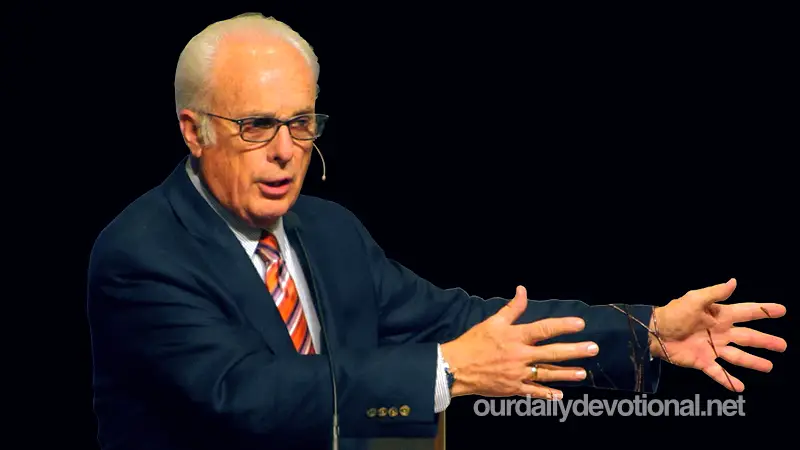He who takes care of a flock.
Abel had a herd of small cattle (Gen. 4:2).
From Abraham to Jacob and his sons, the patriarchs were ranchers and shepherds (Gen. 13: 1-6).
Jabal, Abraham and the Rechabites were nomads; They lived in tents and led their flocks and livestock from place to place to find pasture (Gen. 4:20; cf. 13:2, 3, 18 and 20:1; Jer. 35:6-10).
Other rich owners of livestock and flocks resided in cities, while their servants went from pasture to pasture with the animals (1 Sam. 25:2, 3, 7, 15, 16; cf. Gen. 37:12-17) .
There was also the sedentary shepherd, who went out in the morning with his flock, and returned it to the fold at night (John 10: 1-4). (See COLD.)
Often the flock was trusting:
to the son (Gen. 37:2; 1 Sam. 16:11, 19),
to the daughter (Gen. 29:9; Ex. 2:16, 17)
or to a hireling (Gen. 30:31, 32; Zech. 11:12; John 10:12).
The owner demanded from the shepherd the price of every missing animal (Gen. 31:39). The Law of Moses released the hireling from this obligation if he could prove that the loss had not been the result of negligence (Ex. 22:10-13).
The shepherd went early to the sheepfold, where several flocks were, and called his sheep. They recognized his voice and followed him.
The latter is a reality in the East, just as each sheep has a name and knows the voice of the shepherd, and constitutes a beautiful type of the relationship of Jehovah with Israel (Ps. 23) and of Christ with the Church (John. 10:2-16).
Other shepherds' sheep paid no attention to his voice (John 10:2-5).
The shepherd led the flock to the pasture, staying there all day, and sometimes even the night (Gen. 31:40; Song 1:7; Luke 2:8); He defended them from wild beasts and marauders (1 Sam. 17:34, 35; Is. 31: 4), he gathered the lost (Ez. 34:12; Luke 15: 4).
He cared for the newly born sheep (Is. 40:11) and those scattered (Ez. 34:4, 16; Zech. 11:9).
The shepherd carried a satchel and a defensive weapon. If the weather was bad, he would wrap himself in his cloak (1 Sam. 17:40; Jer. 43:12).
His staff, very similar to the one used by our shepherds in Spain, allowed him to direct the flock, gather it and defend it (Ps. 23: 4; Mi. 7:14; Zec. 11: 7).
He was helped by dogs, which were not very docile or faithful, but which, when following the flock, signaled danger with their barking (Jb. 30: 1).
In the Scriptures, Jehovah is presented as the shepherd of Israel, especially of the faithful (Gen. 49:24).
Christ is the "Good Shepherd." He did not sneak into the fold, but through the door. His sheep respond with confidence to hearing his name and refuse to follow others.
By sacrificing his life for them, he has shown them his love (John 10:1-18).
All those who had a position in the theocracy: prophets, priests, kings, were considered by the people as subordinate shepherds; His unfaithfulness to Jehovah is frequently mentioned (Isa. 56:11).
In the NT there is the gift of shepherds for the church, to feed and shepherd the sheep; Elders or bishops are also exhorted to take care of the Lord's flock, following the example of Christ, the Great Shepherd of the Sheep, and Lord of the flock and those in charge of caring for it (cf. Eph. 4:11; Heb. 13:7, 17, 20, 24; 1 Pet. 5:1-4).
Meaning of SHEPHERD
He who takes care of a flock.
Abel had a herd of small cattle (Gen. 4:2). From Abraham to Jacob and his sons, the patriarchs were ranchers and shepherds (Gen. 13: 1-6).







